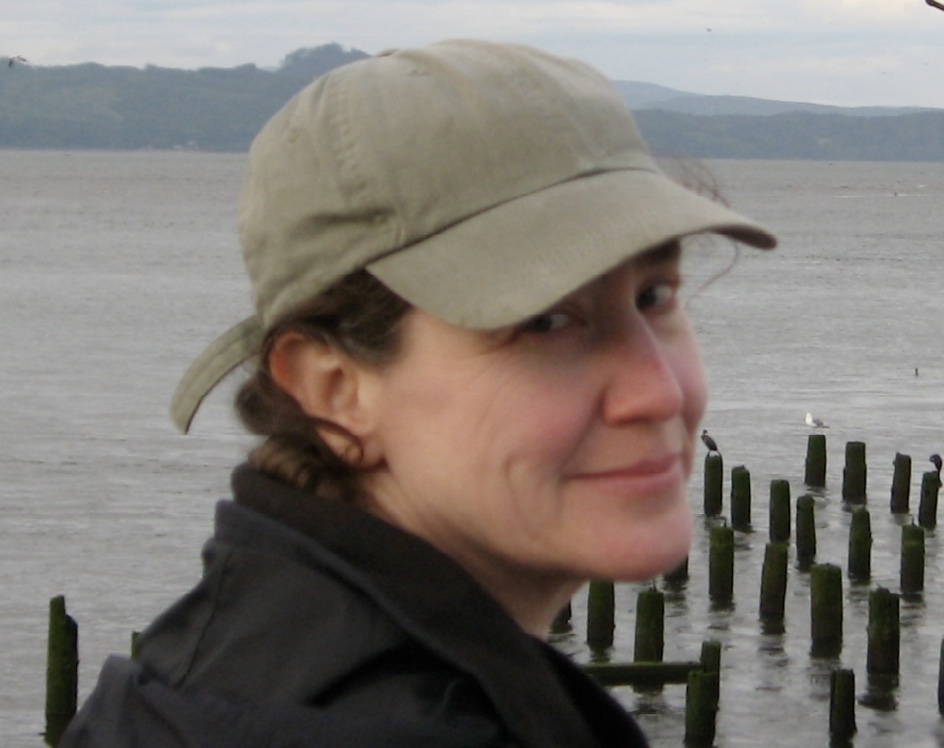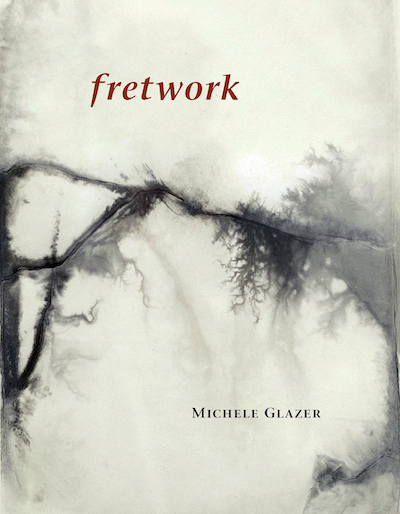I caught wind of rains. I watch the sun get bitten into and as it goes across the river the cow chokes on a weed— the green weeds.The cow as they enter her.The light hereis inconclusive.We are inconclusive. A small eventin the bull’s eyeof the path the moontracks, lugging its shadow along behind it.In perspective, you stand in relationto what you are looking at; I thought I could holdthat moment at the edge of totality,after the last desultory breathand before the profound absence.I wanted to.The day was made longer by the shadowfolding itself over a foldedlandscape of shallow-bellied rivers andI thought I could position myself at the tautlinewhere the moon slipped in like a habitto cover the sundisk. The birdsquieted.Of the sun —I wonder, is it a reliefto have somethingbetween youand all these sad worshippers?Where does a gaze end when there is nothing to stop it.
Path of Totality
Feature Date
- September 5, 2022
Series
- What Sparks Poetry
Selected By
Share This Poem
Print This Poem
“Path of Totality” from FRETWORK: by Michele Glazer.
Published by University of Iowa Press.
Copyright © 2021 by Michele Glazer.
All rights reserved.
Reproduced by Poetry Daily with permission.

Michele Glazer is the author of four books, most recently fretwork (Iowa, 2021). Her previous volumes are On Tact, & the Made Up World (Iowa, 2010), Aggregate of Disturbances (Iowa, 2004), and It Is Hard to Look at What We Came to Think We’d Come to See (Pittsburgh, 1997). She lives in Oregon and helped found and until recently taught in the MFA and BFA programs at Portland State University.

Iowa City, Iowa
University of Iowa
“More than elegy—and a poignant elegy it is—fretwork troubles the inconsistencies of inside and out, far and near. ‘Why measure only what you can see?’ asks Glazer. Reading, I felt very aware of language, as well as the gaps and breaks therein, and the desire we have to meet one another, here, in this world. Fiercely tender, these are poems I’ll turn to, again and again.”
—Sally Keith, author, River House
“Book by extraordinary book, Michele Glazer has been making language to enable deep attention. In fretwork she is at her most personal, most grief-stricken, most original, and most spare. Her father dies, her mother dies; but before they do they become disconcertingly unpredictable, unfamiliar. She brings us intimately close to that fraying, or, more precisely, she brings us close to how their unpredictability and unfamiliarity finally become clear enough to recognize. Silence is both her tool and her subject, what she cuts with and through in order to remain attentive. Each hard-won moment is part of the push and pull of a mind alert and flexible enough to move and leap and recalibrate as it needs to. This is superb writing, always precise, unpredictable, authentic to its searching, unnervingly alive. I love this book for all the ways in which it remains gobsmackingly present to real bewilderment, while inhabiting a receptivity continually reoriented by care.”
—Mary Szybist, author, Incarnadine
Poetry Daily Depends on You
With your support, we make reading the best contemporary poetry a treasured daily experience. Consider a contribution today.



